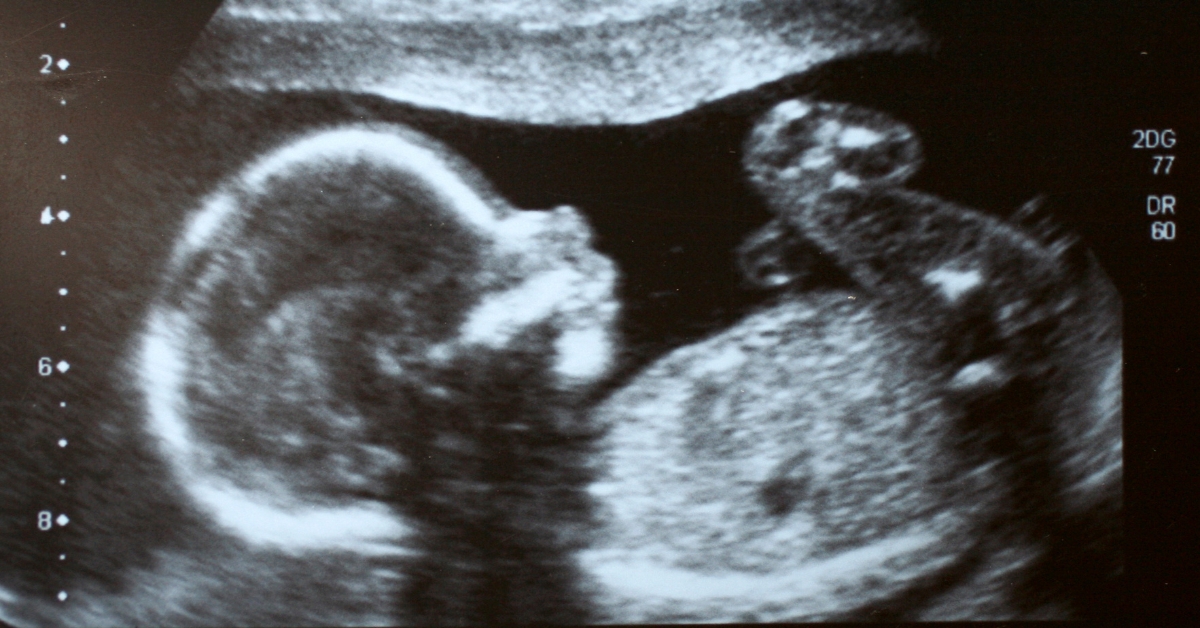
Planned Parenthood Lies About the Safety of Abortion Drugs
In a stunning revelation that flies in the face of Planned Parenthood’s narrative, the so-called “safety” of medication abortions has come under heavy scrutiny. Planned Parenthood, the leading abortion provider in the United States, unabashedly promotes abortion pills as safe and effective on their website, claiming complications are “extremely rare.” Yet, a closer look reveals a disturbing trend of misinformation and data manipulation aimed at pushing their pro-abortion agenda, regardless of the risks to women.
The rise in chemical abortion’s popularity, particularly after the overturning of Roe v. Wade, has sparked a concerning debate. Mifepristone, the abortion drug, is being marketed as a simple solution for women in pro-life states, with universities across the nation demanding access and women reportedly stockpiling the pill. But behind the facade of convenience and safety lies a harrowing reality of pain, risk, and ignored testimonies from women who have suffered from its use.
Kelly Lester’s voice, among others, stands as a chilling testament to the true dangers of the abortion pill. Despite undergoing four abortions, Lester unequivocally states that the pain she felt after taking the abortion pill was the worst, countering the narrative that women are fully informed about the procedure. Her story, along with countless others, is systematically silenced by a media landscape that favors the abortion agenda.
A recent study published in Nature Medicine claimed a 99.8% safety rate for abortions not followed by serious adverse events. Yet, such assertions crumble under scrutiny, as Dr. Ingrid Skop from the Charlotte Lozier Institute points out. The study’s glaring oversight in accounting for the outcomes of a significant portion of the women involved casts doubt on its credibility. Skop’s firsthand experience with the aftermath of abortion drugs contradicts the study’s findings, revealing a disturbing trend of ideologically-driven research masquerading as science.
The Charlotte Lozier Institute’s own research provides a stark contrast, showing that one in every twenty women who take abortion drugs end up in the emergency room with complications related to those drugs within a month. This discrepancy highlights the dangerous lengths to which abortion advocates will go to protect their ideology, even at the expense of women’s health.
The battle for the truth is uphill, especially when faced with a biased media and a pro-abortion scientific community determined to obscure the facts. However, as Skop and other pro-life advocates continue to fight for women and their unborn children, the importance of exposing the real dangers of abortion pills cannot be overstated. In the end, it’s not just about ideology but the lives and well-being of countless women misled by a narrative that prioritizes abortion access over safety.














